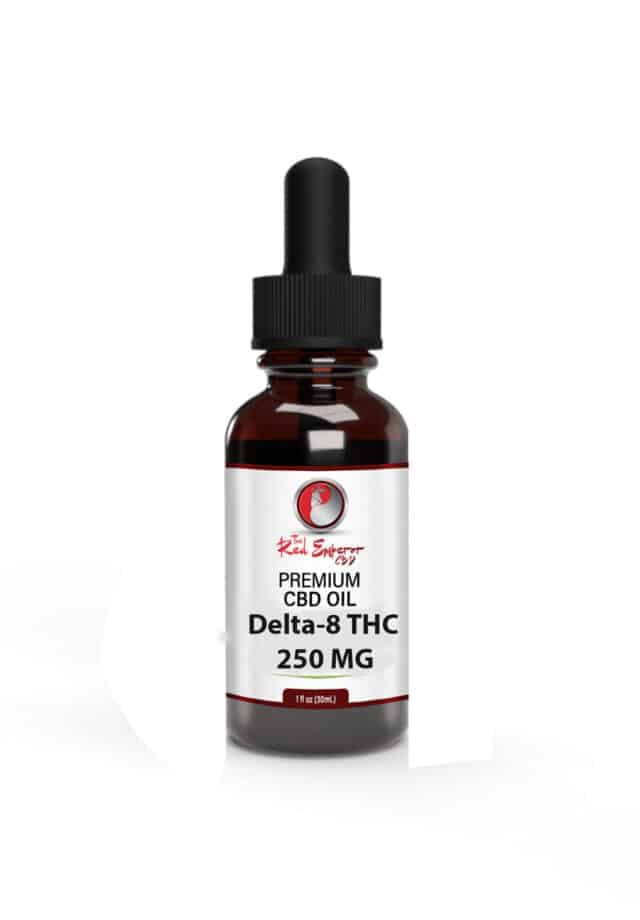Benefits of Delta 8 THC
What is Delta-8 THC and what are the benefits of Delta 8 THC? Delta-8 THC is an abbreviation for Delta-8-tetrahydrocannabinol, a natural chemical compound found in hemp/marijuana plants. It produces more CBI receptors than marijuana, which makes it better than marijuana. This is why it’s also known as ‘diet cannabis’ and marijuana lite’. It has less anxiety, paranoia, and drowsiness than its predecessor marijuana.
Delta-8 THC has many benefits over marijuana.
Here are some of the top benefits of delta 8 THC.
* Neuroprotective qualities A study on Delta-8 THC use has confirmed its ability to produce Acetylcholine (a neurotransmitter). Acetylcholine is responsible for neuroplasticity, cognitive, and memory functions.
* Stimulated appetite
You know how difficult it can be for a person with a chronic illness to keep track of their food intake. The ability to calm the patient’s appetite with Delta-8 THC has been proven. Study results show that low levels of Delta-8 THC can stimulate food consumption. Delta can help you.
* Nausea
People are often dissatisfied with the effects of THC, such as severe headaches, high body temperature, and puking. A 1995 study found that Delta-8 THC does not cause compulsive behavior. The 480th treatment was enough to give nausea relief for children undergoing chemotherapy.
* Chronic pain
The body’s inflammation irritants that can cause pain, such as Delta-8 THC, are removed by it. The pain activators in the brain are also controlled by Delta-8 THC. The use of Delta-8 may be an option for people suffering from chronic pain caused by health conditions like Alzheimer’s.
* Mental disorder
Consumption of Delta-8 THC can affect the brain’s functionality and central nervous system. Research has shown that Delta-8 PHC can have a positive effect on people with psychiatric and mental disorders. It contains more CBD and THC. It regulates calcium and potassium levels in the brain, spinal cord, and muscles. It is well-known that a more functional brain can greatly calm mental states.
* Legality
Its higher THC content than regular THC makes it more popular and is legal in many countries. It is also made from hemp-derived CBD, which is a medically accepted substance. Hemp has a THC content of 0.3%, which is low enough to cause psychoactive side effects.
* Availability
It is 100% natural and can be obtained by smoking cannabis. You can access Delta 8 from legal and convenient shops, gas stations, and weed vape shops. It is also widely available and can be purchased as chewing gum or candy, vaping pen or oil, tincture, edible joint, and beverage.
Conclusion
If you’re interested in ingesting Delta-8 but don’t like smoking, the following information will show you how to do it. You should also know where to get Delta-8, as the effects can vary between hemp and marijuana.

Benefits of Delta 8 THC
More Benefits of Delta 8 THC
Delta-8 THC is another cannabinoid. Yes, THC. Yes, THC. Delta-8 THC is not as psychoactive as CBD. However, it does produce the same levels of intoxication as delta-9 THC. Delta-8 THC is available in many forms, including tinctures and function drinks, vapes, and chewable.
The rise in delta-8 THC products is due to an excess of hemp. This allowed extractors and farmers to make more money and use the surplus. The recent 2018 Farm Bill has made it easier for manufacturers to manufacture and sell products with the benefits of delta 8 THC, just like CBD. Felicia Leborgne Noels, a partner in government affairs at Akerman, explained that this is the reason why Delta-8 THC has been so popular.
The 2018 Farm Bill exempted hemp from the Drug Enforcement Agency’s (DEA) jurisdiction as a controlled substance and placed the U.S. Department of Agriculture in control of the cultivation and harvest of this plant. The Farm Bill specifically made a distinction between marijuana and hemp, by defining hemp as hemp Cannabis Sativa L. or any part of the hemp plant, including derivatives and extracts with delta-9 Tetrahydrocannabinol levels (THC) that do not exceed 0.3% dry weight. Delta-8 THC was not subject to any restrictions or thresholds.
“The problem we are now seeing is that the DEA issued an interim last rule in Fall 2020. They included statements about synthetically derived THC in that interim final rule. These would be kept scheduled and controlled substances,” Nowels says. The confusion is that delta-8 THC is hemp-derived, so it shouldn’t be scheduled – it is outside the DEA purview – but what defines synthetically derived?
Specifically, the interim final rule states: “The AIA [Agriculture Improvement Act of 2018] does not impact the control status of synthetically derived tetrahydrocannabinol (for Controlled Substance Code Number 7370) because the statutory definition of ‘hemp’ is limited to materials that are derived from the plant Cannabis sativa L. For synthetically derived tetrahydrocannabinol, the concentration of D9-THC is not a determining factor in whether the material is a controlled substance. All synthetically derived tetrahydrocannabinol remains a schedule I controlled substance.”
Because DEA does not provide an explicit definition for synthetically derived tetrahydrocannabinol, there is room for interpretation, and since hemp is no longer a controlled substance, proponents would argue that the benefits of delta 8 THC derived from hemp is not a controlled substance either. FDA has not yet taken enforcement action against delta-8-THC products. However, that doesn’t mean that it will not in the near future. Delta-8 THC, unlike CBD, has not been evaluated as a new drug. Therefore, it does not fall within FDA’s drug exclusion rules. It has not been subject to any pre-market regulatory processes, such as notification of new dietary ingredients.
“Whether the FDA will deal with delta-8 or delta-9 [THC] is something I believe that they will consider. Nowels says that FDA won’t look at delta-8 in isolation.
States have taken matters into their own hands. There are currently 11 states that ban delta-8 THC completely: Alaska, Arkansas. Colorado, Delaware. Idaho, Montana, Rhode Island, and Montana. Kentucky and Vermont state regulators have clarified their position on delta-8-THC as a controlled substance. Oregon, North Dakota, and Illinois are currently considering legislation to ban delta-8 THC sales. The Washington Liquor and Cannabis Board temporarily banned synthetic hemp components.
The lack of clarity in regulatory regulations, a patchwork state regulation, and the possibility that some of the benefits of delta 8 THC products could be intoxicating led to the American Herbal Products Association (AHPA) releasing a new guidance policy. It prohibits “the marketing of goods that contain synthetic cannabinoids, such as delta-8 or artificial cannabinoids, for consumption by any route.” AHPA defines synthesized cannabis as “a synthetic cannabinoid that has been created in a laboratory or industry using directed synthetic, biosynthetic chemistry and not traditional food preparation techniques like heating or extracting.” You can have them either natural-identical or artificial, as this definition only refers to their creation.
According to AHPA, artificial cannabinoids are “any cannabimimetic substance that interacts with cannabinoid receptors and whose molecular structure cannot be found in nature.”
The industry of hemp-derived products isn’t slowing down. The two cannabinoids found in hemp are CBD and delta-8 THC. Many other cannabinoids are also present in hemp and are making their way onto the market such as CBG or CBC. FDA is continuing to monitor the market for CBD. However, the current marketplace requires more concrete action to ensure consumer safety. Although legislation may be the answer, Congress gridlock prevents swift passage. The demand for services is growing, the industry is growing, and regulators are lagging behind.


